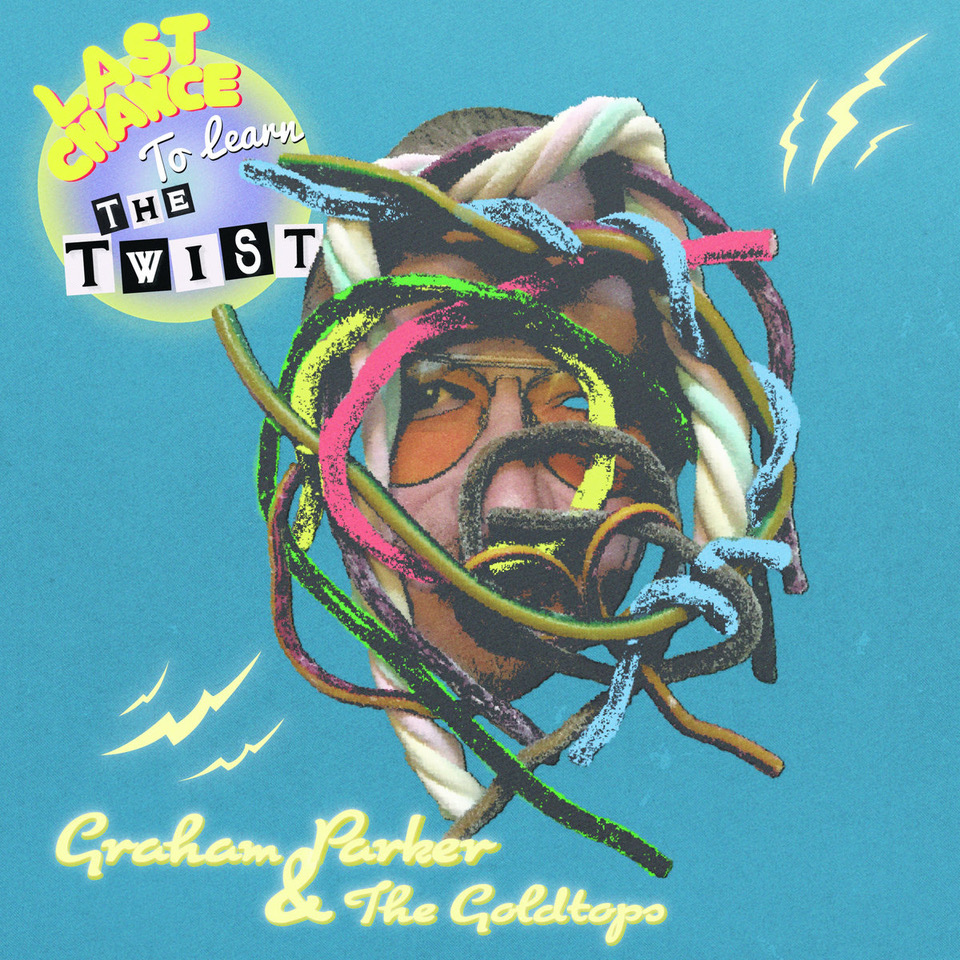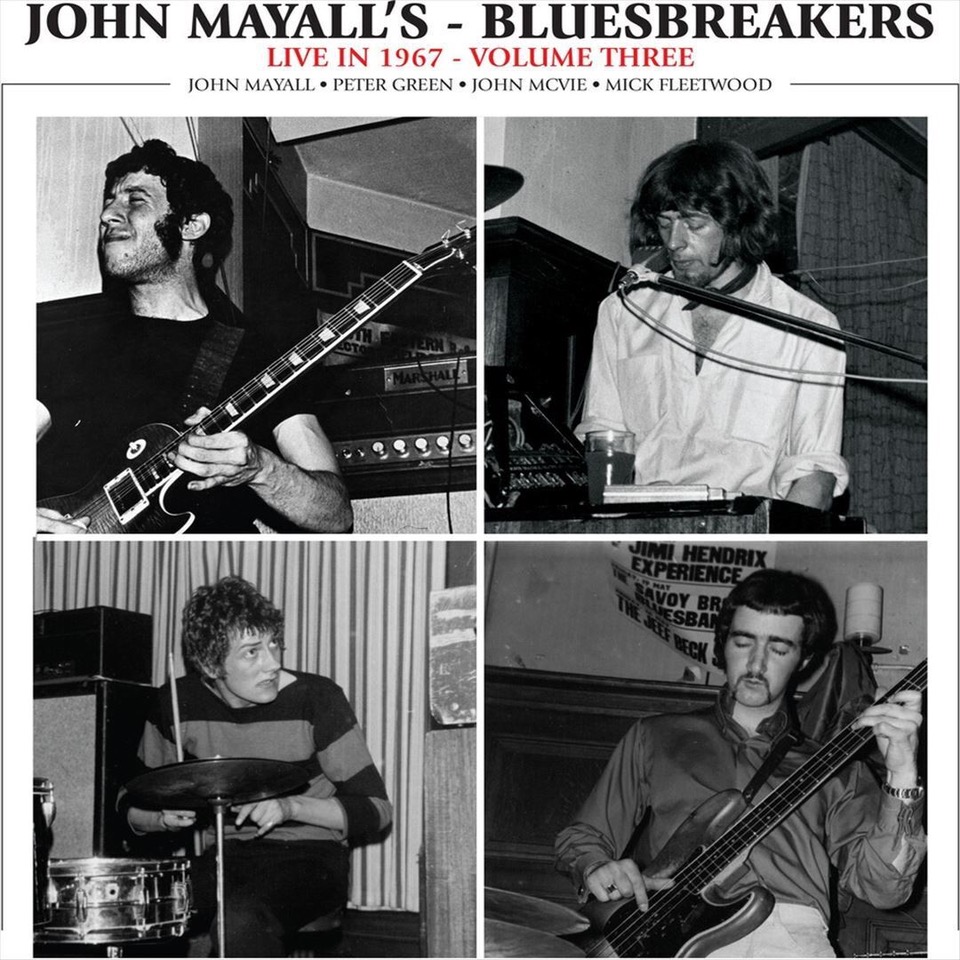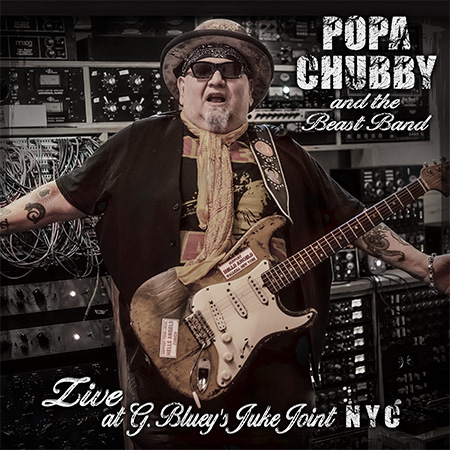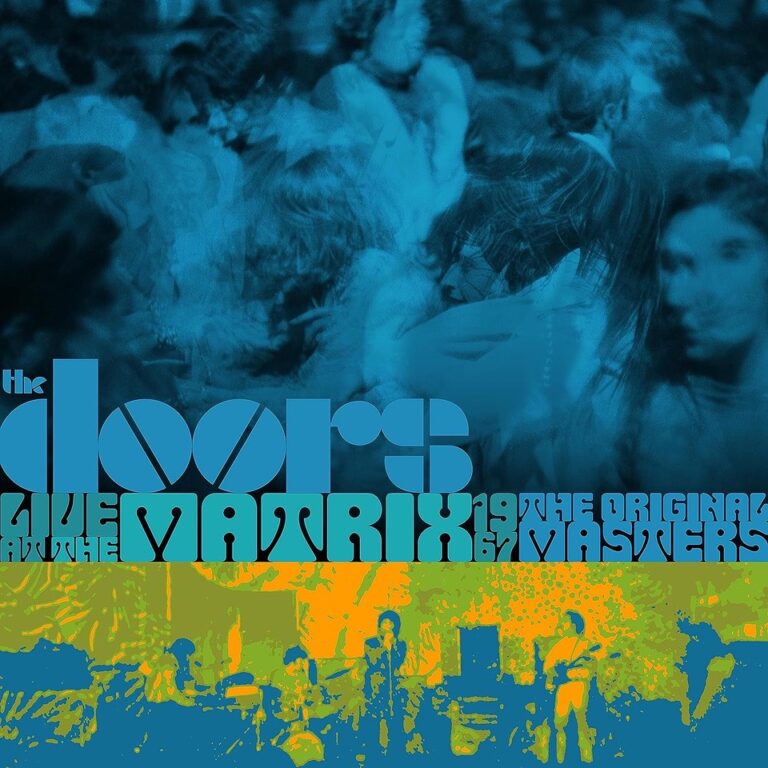By March of 1967, the Doors had been in existence for the better part of two years and their eponymous debut album had been out for two months. But the record – which would ultimately spend more than two years on Billboard’s Hot 100, peaking at No. 2 – still hadn’t charted. Moreover, the release of their big No. 1 single, “Light My Fire,” was still more than three months away.
As such, the band was little known when it took the stage for five nights – March 7 to 11 – at San Francisco’s tiny but important Matrix Club, where acts like the Velvet Underground and Jefferson Airplane also played. The venue could seat about 120 but was reportedly almost empty for the Doors shows, two of which were recorded by Peter Abram, who co-owned the club with the Airplane’s Marty Balin.
A couple of tracks from these recordings, which were among the first of the quartet’s concerts to be preserved on tape, appeared on The Doors: Box Set in 1997, and a two-CD 2008 release featured 24 of the songs that had been taped. However, these albums did not draw on the original master tapes. And while there have also been bootlegs, these have evidenced inferior sound quality as well. Those shortcomings are addressed on the new Live at the Matrix 1967, a limited-edition three-CD (or five-LP) set that is drawn from the first-generation seven-inch tape reels and includes all 37 songs that Abram recorded. Eight of them were previously unreleased, while most of the others have not previously been available from first-generation tapes (though 15 such tracks were offered as Record Store Day vinyl exclusives in 2017 and 2018).
The program, which runs well over three hours and includes two complete shows, is wide-ranging. It embraces eight of the 11 songs from the Doors’ debut LP, among them “The Crystal Ship,” “Light My Fire,” “Twentieth Century Fox,” and two versions each of “Alabama Song (Whisky Bar),” “Back Door Man,” “Break on Through,” “The End,” and “Soul Kitchen.” Also featured are early versions of six of the 10 tracks that would show up on Strange Days, whose release was still more than half a year away: “Unhappy Girl,” plus two renditions each of “I Can’t See Your Face,” “Moonlight Drive,” “My Eyes Have Seen You,” “People Are Strange,” and “When the Music’s Over.” In addition, there are two readings of “Summer’s Almost Gone,” which wouldn’t surface on disc until nearly a year and a half later with the release of Waiting for the Sun.
That’s not all. The setlists include a variety of blues and R&B covers, among them Willie Dixon’s “Close to You,” John Lee Hooker’s “Crawling King Snake,” Van Morrison’s “Gloria,” James Moore’s “I’m a King Bee,” Bo Diddley’s “Who Do You Love,” B.B. King’s “Rock Me Baby,” and Allen Toussaint’s “Get Out of My Life Woman.” Believe it or not, the Doors also offer an instrumental take on “Summertime,” the George Gershwin and Dorothy and Dubose Heyward standard.
Perhaps most intriguing are previously unheard instrumental covers of two jazz numbers, Miles Davis’s “All Blues” and Milt Jackson’s “Bags’ Groove,” both of which incorporate elements of the Doors’ trademark sound. As for the group’s original material, most of it features arrangements, instrumentation, and vocals that are not far removed from what you hear on the now well-known studio recordings. There are exceptions, though, such as on “Light My Fire,” which in the Matrix version is missing the Ray Manzarek keyboard intro that launches the studio rendition so powerfully.
The music is consistently excellent. Just don’t expect it to be particularly revelatory – except to the extent that it shows how fully formed the Doors’ vision was early on.
Also Noteworthy

Graham Parker & the Goldtops, Last Chance to Learn the Twist. On the new Last Chance to Learn the Twist, Graham Parker occasionally still sounds like the fired-up young man who, back in the seventies, spit out such rockers as “Discovering Japan” and attacked his record label in “Mercury Poisoning.” More often, though, this all-originals collection finds the now 72-year-old singer applying his impassioned vocals to tuneful, literate bluesy ballads like “Grand Scheme of Things” and “Sun Valley.” Among the many other high points here are “We Did Nothing,” which ponders personal and global inaction in the face of assorted crises, and the melodically sweet but lyrically sad “It Mattered to Me,” in which a horn section supplements Parker’s excellent four-member backup band.

John Mayall’s Bluesbreakers, Live in 1967, Volume Three. For just three months in 1967, before heading off to form the original Fleetwood Mac, Peter Green, John McVie, and Mick Fleetwood were members of John Mayall’s Bluesbreakers. Several Bluesbreakers recordings that feature this trio have been available for decades, but we didn’t get a chance to hear the aggregation live until the 2015 release of Live in 1967. A second volume showed up in 2016, and now we have a third and apparently final CD in the series. Recorded at several venues in London, this eight-song latest album includes several Mayall originals plus a jam credited to Green, Sonny Boy Williamson’s “Your Funeral and My Trial,” Otis Rush’s “Double Trouble,” Freddie King and Sonny Thompson’s “The Stumble,” and J.B. Lenoir’s “Talk to Your Daughter.” Though sourced from a mono reel-to-reel tape and decidedly lo-fi, the performances are quite listenable and consistently impressive.

Popa Chubby and the Beast Band, Live at G. Bluey’s Juke Joint NYC. Longtime blues-rock singer and guitarist Popa Chubby shows off his disparate influences on this sizzling two-CD live set, which was recorded at a New York–area club in October 2022. In addition to nearly a dozen originals, the show includes everything from Neil Young’s “Motorcycle Mama” and blues staples like Billy Roberts’s “Hey Joe” and Jimmy Cox’s “Nobody Wants You When You’re Down and Out” to Tom Waits’ “Heart Attack and Vine” and Leonard Cohen’s “Hallelujah.” The latter number clocks in at more than 10 minutes as does a show-closing performance of the Rolling Stones’ “Sympathy for the Devil,” both of which feature incendiary guitar work.
Jeff Burger’s website, byjeffburger.com, contains five decades’ worth of music reviews, interviews, and commentary. His books include Dylan on Dylan: Interviews and Encounters, Lennon on Lennon: Conversations with John Lennon, Leonard Cohen on Leonard Cohen: Interviews and Encounters, and Springsteen on Springsteen: Interviews, Speeches, and Encounters.



